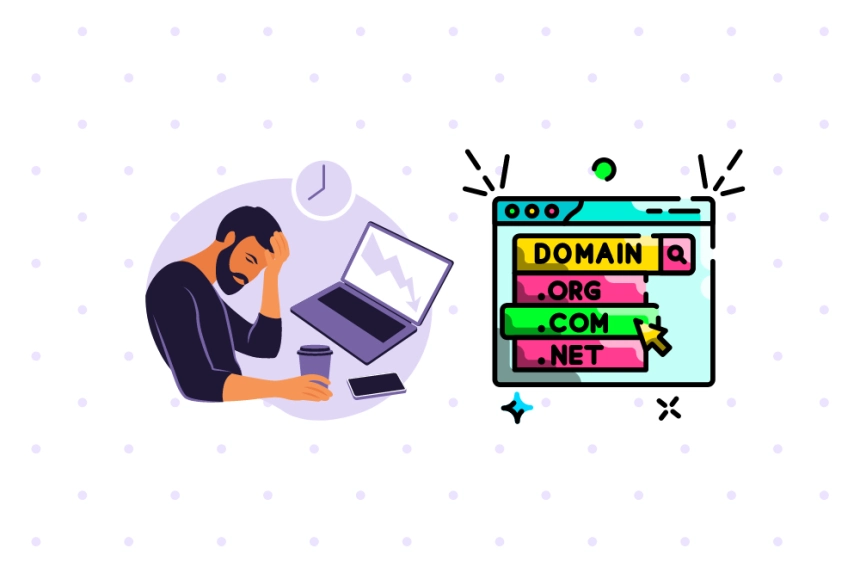What is a Domain on the Web?


In today's digital world, understanding the concept of a domain on the web is essential for anyone looking to establish an online presence. This article explores what a domain is, its importance, how it works, and much more. Join us on this journey through cyberspace!
What is a Domain?
A domain is a unique name used to identify a website on the internet. It is the address that users type into the address bar of their browser to access a website. For example, in the address "www.example.com," "example.com" is the domain.
Structure of a Domain
Domains are composed of several parts. Understanding this structure is fundamental:
- Domain name: This is the main part of the domain and can be any combination of letters, numbers, and hyphens. For example, in "example.com," "example" is the name.
- Domain extension: This is the part that follows the name and is separated by a dot. In "example.com," ".com" is the extension. There are various extensions such as .org, .net, .edu, among others, and each one can have different meanings or purposes.
Importance of a Domain on the Web
Online Identity
The domain acts as the identity of a business or individual in the digital environment. Having a personal domain allows businesses and individuals to build a strong brand and be recognizable to their audience.
Credibility
A unique and professional domain can increase the credibility of a business. Users tend to trust a company that has its own domain more than those that use third-party subdomains (e.g., "company.wordpress.com").
SEO and Visibility
A domain also plays an important role in SEO (search engine optimization). Having a relevant and easy-to-remember domain name can enhance a website's visibility in search results, which in turn can increase traffic.
How a Domain Works
Domain Name System (DNS)
The Domain Name System (DNS) is a crucial component in the functioning of a domain. It works as an "address book" of the internet, translating domain names into IP addresses that browsers can understand. Thus, when a user enters a domain into their browser, the DNS is responsible for finding the corresponding IP address and loading the website.
Registering a Domain
To have a domain, you must first register it through a domain registrar. Registrars are authorized entities that manage domain registration. Some of the most well-known registrars include:
- GoDaddy
- Namecheap
- Bluehost
When registering a domain, you will generally have to pay an annual fee and choose an appropriate extension for your purpose.
Types of Domains
Top-Level Domains (TLD)
TLDs are the final part of a domain name. There are several types of TLDs:
- Generic Domains (gTLD): These are domains not associated with a specific country, such as .com, .org, and .net.
- Country Code Domains (ccTLD): These are extensions attributable to a particular country, such as .es for Spain or .mx for Mexico.
- Sponsored Domains (sTLD): These are restricted to certain organizations or communities under certain conditions, such as .edu for educational institutions.
Subdomains
Subdomains are extensions of a main domain and are used to organize and categorize content within the same site. For example, in "blog.example.com," "blog" is a subdomain of "example.com."
Tips for Choosing a Good Domain
Choosing the right domain is crucial for your online presence. Here are some tips to help you:
Keep It Short and Simple
A short and easy-to-remember domain is more effective. Try to avoid complicated words or long combinations that may be difficult to type.
Include Keywords
If possible, include relevant keywords in your domain. This can improve visibility in search engines and help users immediately understand the purpose of your site.
Check Availability
Before making a decision, ensure the domain you want is available. Domain registrars offer tools to check availability.
Consider the Appropriate Extension
The extension of your domain is also important. While .com is the most popular, choose one that aligns with your brand and the type of content you offer.
Conclusion
A domain on the web is much more than just a simple address: it is the very essence of your online presence. Whether you are starting a new business, creating a personal blog, or establishing a portfolio, choosing and registering the right domain is crucial for success in the digital world. Be sure to consider all the factors discussed in this article and do not underestimate the importance of your domain. Your online journey begins here!






